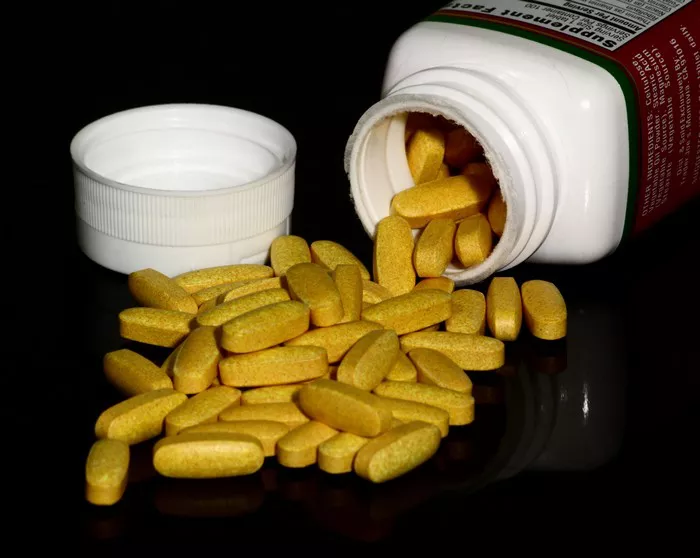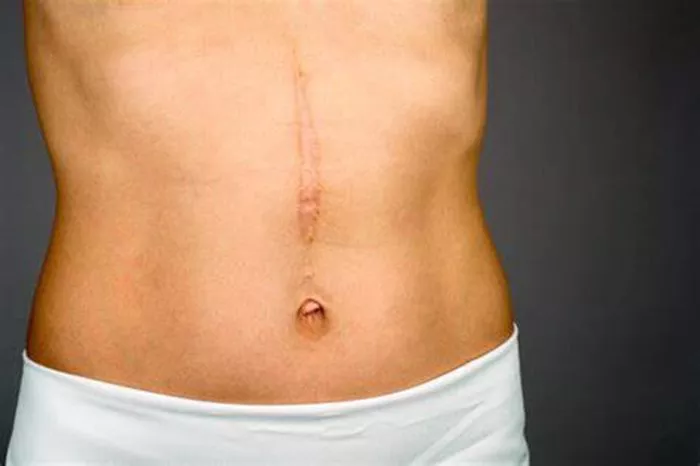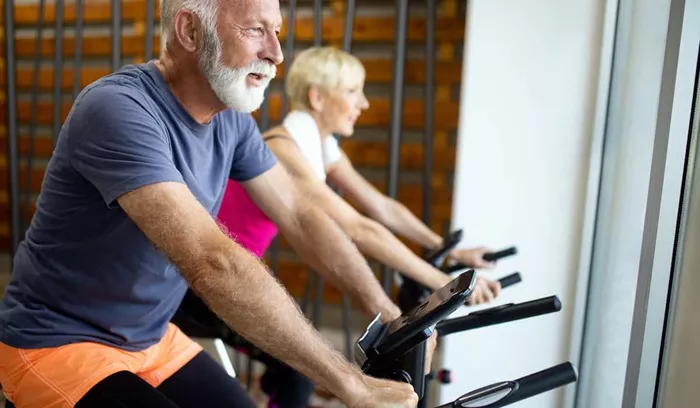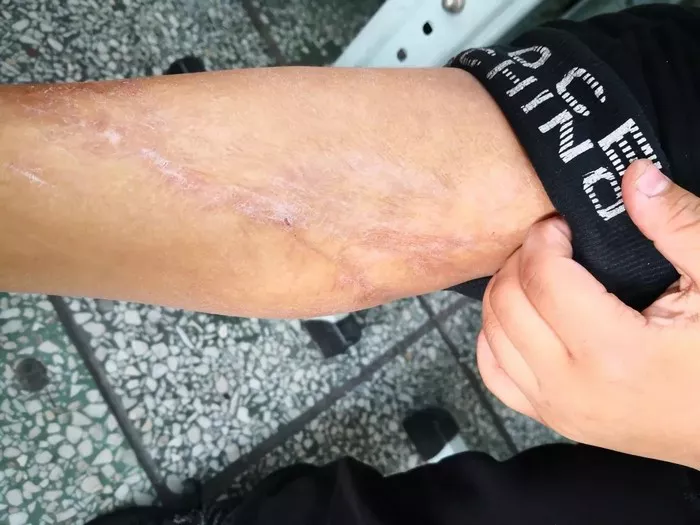The State Medical Products Administration (NMPA) has issued an urgent notice alerting the public to 18 batches of cosmetics found to contain prohibited ingredients during national sampling inspections. The discovery, conducted by professional institutions including the Heilongjiang Institute for Drug Control, highlights serious safety concerns and non – compliance with the Cosmetics Safety Technical Standards (2015 Edition). The affected products span a wide range of categories, from facial masks and acne treatments to shampoos and skin creams, directly impacting consumers’ daily routines.
Among the products on the list are several well – known items in the market. For instance, the Miaolingyanliang Meow Skin – Brightening Mask, registered under Lijun Pharmaceutical Technology (Guangzhou) Co., Ltd. and manufactured by Guangzhou Mederma Biomedical Technology Co., Ltd., was detected with betamethasone acetate. Another product, the VATERLA Ultimate Pure Skin Beauty Mask produced by Guangzhou Yuanxu Pharmaceutical Co., Ltd., contained the prohibited ingredient fluocinolone acetonide. In the acne treatment category, multiple products such as Qingcao Acne – Removing Cream and Ruomandi Acne – Clear Skin – Renewing Set – Acne – Removing Essence were found to contain banned antibiotics like metronidazole and chloramphenicol.
These prohibited substances pose significant risks to human health. Glucocorticoids, including betamethasone acetate, fluocinolone acetonide, and dexamethasone, may temporarily give skin a fairer and smoother appearance. However, long – term use can severely damage the skin’s normal function, leading to issues such as acne breakouts, visible blood vessels, skin atrophy, and even “steroid – induced rosacea,” which can take years to heal. Antibiotics like chloramphenicol and metronidazole, although effective in quickly reducing acne and killing bacteria, can disrupt the skin barrier, weaken the skin’s self – protection ability, and potentially cause drug resistance, leaving consumers vulnerable to serious infections with limited treatment options.
The NMPA has taken immediate action, instructing the drug regulatory departments in Beijing, Shanghai, Zhejiang, and Guangdong to initiate legal investigations against the registered entities and contract manufacturers of the non – compliant cosmetics. These companies are required to implement risk control measures promptly and conduct comprehensive self – inspections and rectifications. Additionally, drug regulatory departments across all provinces (autonomous regions and municipalities) have been ordered to instruct cosmetics retailers to halt the sale of the problematic products immediately, thoroughly investigate their purchase records, and trace the origin of these illegal items. Any identified illegal activities will be severely punished, and cases suspected of criminal offenses will be transferred to public security authorities without delay.
For consumers who may have purchased the listed cosmetics, it is crucial to stop using them immediately and keep the product packaging and purchase receipts as important evidence for potential rights protection. When buying cosmetics in the future, consumers should exercise caution. First, they can download the “Cosmetics Regulatory” app to verify product registration information. Second, carefully review ingredient lists and be wary of products containing words like ” – sone,” ” – nide,” or ” – sterol,” which may indicate the presence of hormones. Finally, avoid being misled by products promising “3 – day whitening” or “overnight acne removal.” Safe and effective skincare typically requires consistent use over an extended period.
This incident serves as a stark reminder to the entire cosmetics industry. Companies must adhere strictly to regulations and ensure product quality and safety. Regulatory authorities will continue to strengthen supervision, working to safeguard the integrity of the cosmetics market and protect consumers’ well – being.
Related topics:
































